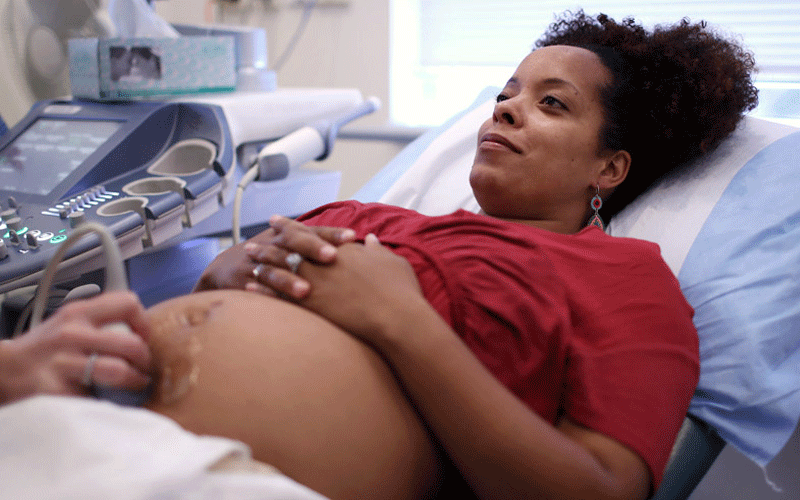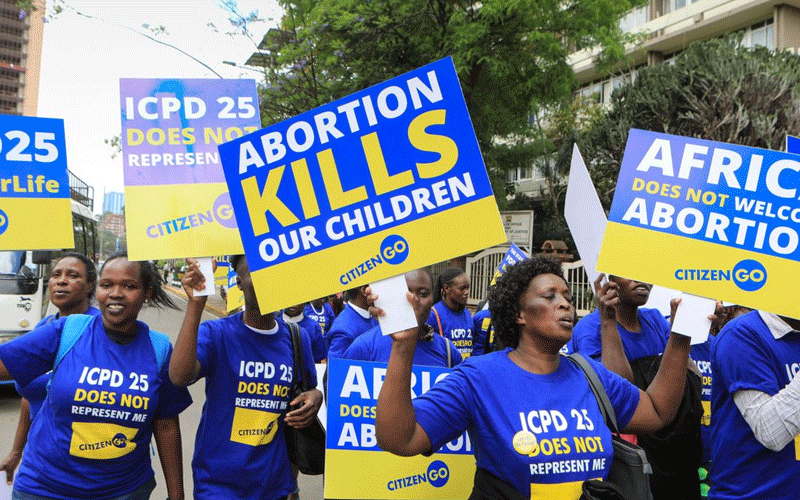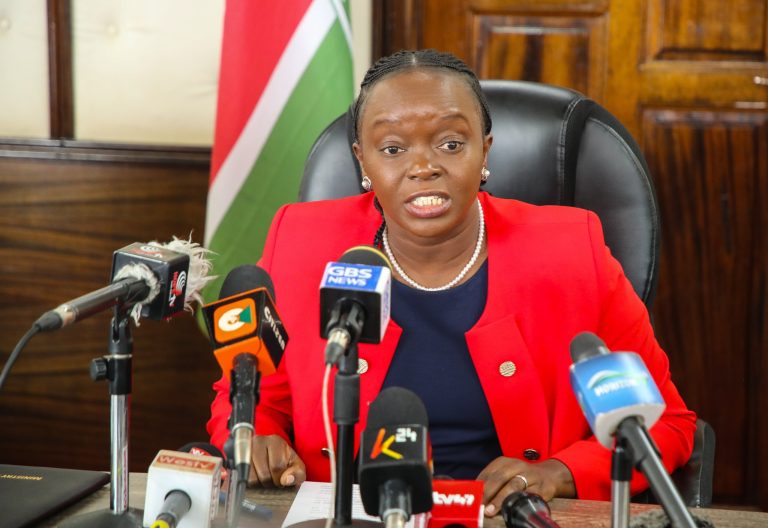Why EALA should pass new reproductive health bill

Last week, Kenya hosted a national consultation meeting in which members of the East Africa Legislative Assembly (EALA) engaged with various stakeholders to create awareness, clarify issues and build support for the East African Community Sexual and Reproductive Health (EAC SRH) Bill, 2021.
For such an important document, and one whose implications will affect the lives of millions of women and girls in the region, it is concerning that the meeting went largely unreported – probably because all the attention has been on the COP26 climate conference and the smoldering 2022 election campaigns.
The Constitution of Kenya 2010, among other laws, policies and frameworks, guarantees the Right to highest standard of health including reproductive health.
According to Article 118 of the Treaty for the establishment of the East African Community (EAC), the partner states (Kenya, Burundi, Rwanda, Uganda, Tanzania, South Sudan) are required to take joint action towards the prevention and control of communicable and non-communicable diseases. They are also required to harmonise national health policies and regulations and promote the exchange of information on health issues in order to achieve quality health within the Community.
The East African Community Sexual and Reproductive Health (EAC SRH) Bill, 2021 is one of the proposed regional frameworks that aim to further advance issues around reproductive health.
It aims to protect and facilitate attainment of the life-course sexual and reproductive health and rights of all persons in the Community; provide for the progressive realisation of integrated sexual and reproductive health information and services as part of the universal health coverage of each Partner State; and to prohibit harmful practices from the Community and provide for related matters.
The Bill recognises the obligation of Partner States under several international, continental and Community frameworks, to respect, protect and fulfill the right to health by facilitating, providing and promoting the highest attainable standard of health and providing measures towards the full realisation of the right to health.
It further seeks to strengthen the mechanisms to facilitate attainment of universal access to sexual and reproductive health-care services, including family planning, information and education.
This will culminate in the integration of reproductive health into national strategies and programmes by 2030 as enshrined in the EAC Integrated Reproductive Maternal, Newborn Child and Adolescent Health Policy Guidelines, 2016-2030 and the EAC Sexual and Reproductive Health Rights Strategic Plan.
Once the EAC SRH Bill is passed, the member states will be mandated to ensure investment and implementation of diverse programmes that aim to reach out to the Adolescents and young people on various reproductive health issues. Issues like Return to School for pregnant Adolescents will be actualised through development of programmes and policies that will be effected and implemented in the partner states.
To accelerate uptake, access and provision of Sexual Reproductive health and rights information and services to diverse adolescents and young people including the public within the region of East Africa, I call upon the East Africa Legislative Assembly (EALA) Members of Parliaments (MPs) to pass the bill and ensure that they continue to hold member states to account towards reporting and monitoring of provision of sexual and reproductive health services.
— The writer is a Reproductive Health Advocate at the Network for Adolescent and Youth of Africa (NAYA Kenya)











